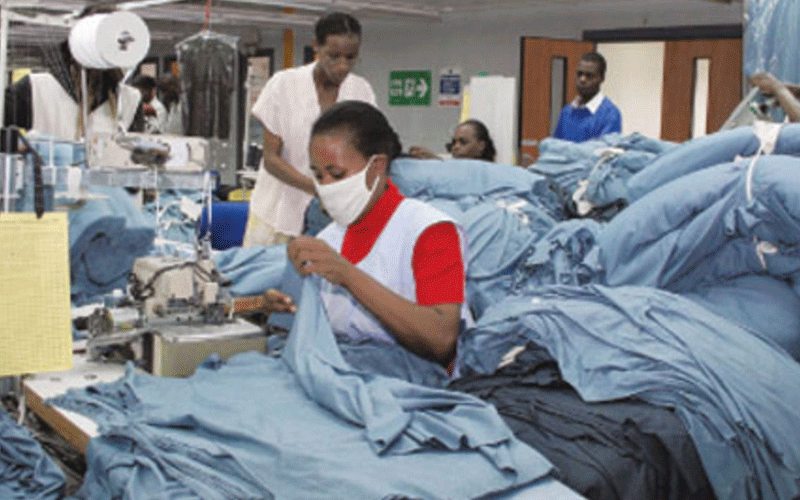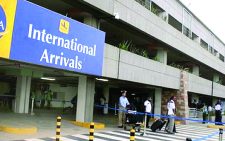State warned over risks posed by minimum tax

Lewis Njoka @LewisNjoka
Accountants and the business community want the government to reconsider the decision to introduce minimum tax, saying it is punitive and will discourage investment in the country.
Beginning January 1, all businesses earning above Sh50 million annual gross income will be required to remit one per cent of the income to Kenya Revenue Authority (KRA) as minimum tax.
The tax was introduced in a bid to widen the tax bracket and help raise more revenues for the government.
Kenya Association of Manufacturers (KAM), however, says the tax, introduced in June through Finance Act 2020, is ill-timed and will do more harm than good considering that businesses are also battling the effects of the Covid-19 pandemic.
“We are in the middle of the biggest public health crisis in the last 100 years. Is this the best time to start thinking up new taxes?” KAM Chairman Mucai Kunyiha.
Very blunt
He described the minimum tax as very blunt, saying although it was meant to bring in businesses that evade tax into the payment net, it would hurt everyone including those who have been paying their taxes dutifully.
He said the proposed tax fails to distinguish between tax loss and operational losses, hence, could end up forcing businesses that make losses to borrow to pay taxes.
Kunyiha spoke during a webinar on the tax organised by the business community.
Kunyiha’s sentiments were echoed by the Institute of Certified Public Accountants (ICPAK) chairperson, Rose Mwaura, who called on the government to look at the impact of the various taxes on businesses and the economy as a whole.
“Most businesses have thin profit margins, hence, the government taking one per cent upfront is an issue,” she said.
Mwaura described the new tax as being punitive, saying new businesses in the country take between three and five years to become profitable, yet they would still be required to pay the minimum tax.
She said while it’s true the government needed to expand the tax base, KRA had many tools at its disposal it could use to net tax evaders.
Institute of Economic Affairs chief executive, Kwame Owino, also opposed the introduction of the tax, saying it will raise tax compliance costs, discouraging investors, but was unlikely to raise as much money as expected.
“I am not confident that the timing is right or that it will yield a lot. It is a completely inefficient tax,” he said.
He said the tax would have severe impact on capital intensive businesses which have a high gross income but low profit margins since the tax is computed on gross income.
Kwame’s views were echoed by Retail Traders Association of Kenya (Retrak) CEO, Wambui Mbarire, who said the tax would push most of the players in the sector into losses.
Low margin
“No one in the retail sector makes more than one per cent profit. We are high volume, low margin. When you put the tax at one per cent you are already taking us to negative,” she said.
In September, KRA said it was looking to raise a minimum of Sh1 billion from minimum tax in the first six months of 2021.
In total, the taxman is seeking to collect Sh1.6 trillion in ordinary revenue this financial year.












